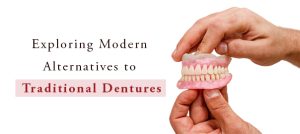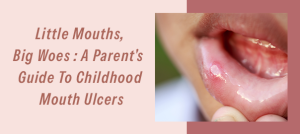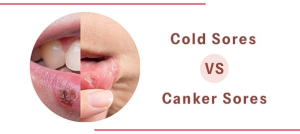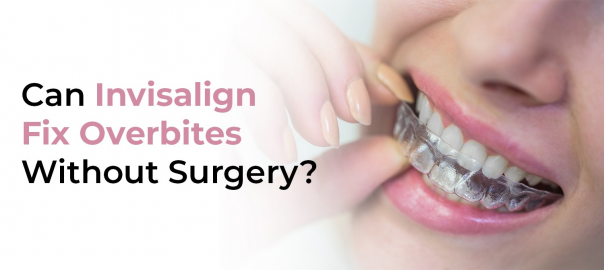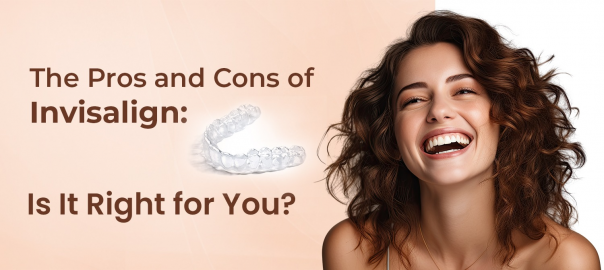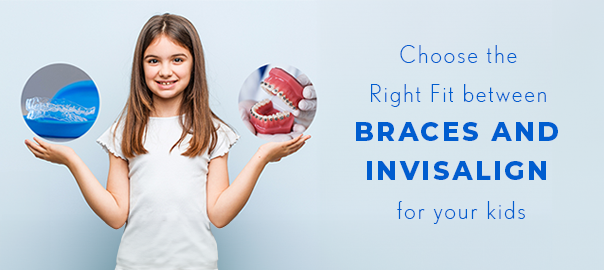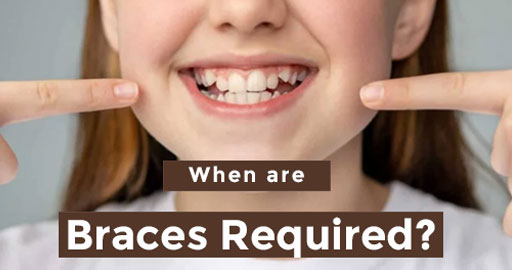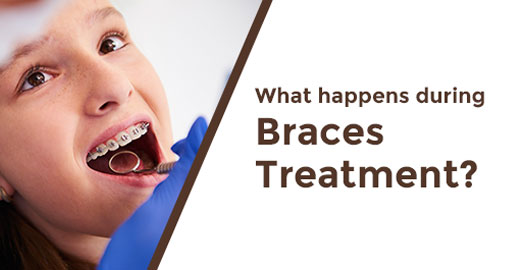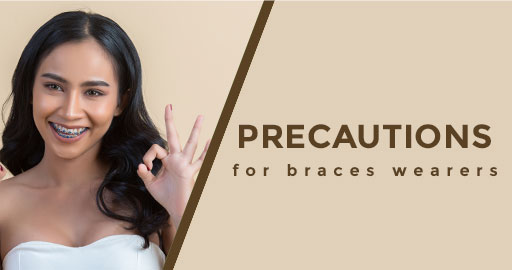
Caring for Your Braces: Precautions and Tips
Table of Contents
Braces are a common orthodontic treatment that can help correct various dental issues, including misaligned teeth and bite problems. While braces are effective in achieving a beautiful, healthy smile, they require special care and attention to ensure they work properly and maintain your oral health throughout the treatment period. In this comprehensive guide, we will explore the precautions and tips for caring for your braces.
Introduction
Orthodontic braces consist of brackets, wires, and bands that work together to gently move your teeth into their proper positions over time. The treatment duration can vary, but it typically lasts from one to three years.
To ensure the success of your orthodontic treatment and minimize discomfort, it is essential to take proper care of your braces and oral hygiene. Here are some precautions and tips to keep in mind:
1. Maintain Excellent Oral Hygiene
Proper oral hygiene is crucial when you have braces. Food particles and plaque can easily accumulate around the brackets and wires, leading to tooth decay, gum disease, and bad breath. Follow these steps to maintain excellent oral hygiene:
a. Brushing
Brush your teeth after every meal and snack to remove food particles and plaque. Use a soft-bristle toothbrush and fluoride toothpaste. Angle the brush towards the brackets to clean around them thoroughly. Brush the front and back of your teeth, as well as the chewing surfaces.
b. Flossing
Flossing can be challenging with braces, but it’s essential to remove debris between your teeth and along the gumline. Use a floss threader or orthodontic floss to navigate around the wires and brackets. Alternatively, a water flosser can be helpful in flushing out trapped particles.
c. Interdental Brushes
Interdental brushes are small, tapered brushes that can fit between the wires and brackets, making it easier to clean hard-to-reach areas. Use these brushes to clean around the braces and under the wires.
d. Mouthwash
Rinsing with an antimicrobial mouthwash can help kill bacteria and reduce the risk of gum disease. Look for a mouthwash that is alcohol-free and safe for use with braces.
2. Be Mindful of Your Diet
Certain foods can damage braces or increase the risk of complications. Follow these dietary precautions:
a. Avoid Hard and Sticky Foods
Hard foods, like nuts, popcorn, and ice, can break brackets and wires. Sticky foods, such as caramel and gum, can get stuck in your braces. Opt for softer, braces-friendly alternatives.
b. Cut Food into Small Pieces
When eating fruits and vegetables, cut them into small, manageable pieces to reduce the risk of damaging your braces.
c. Limit Sugary and Acidic Foods
Sugary and acidic foods and drinks can increase the risk of tooth decay and enamel erosion. Consume them in moderation and rinse your mouth with water afterward.
3. Attend Regular Orthodontic Appointments
Regular check-ups with your orthodontist are vital for monitoring your progress and making any necessary adjustments to your braces. Don’t miss these appointments, as they are essential for the success of your treatment.
4. Use Orthodontic Wax for Discomfort
During the initial stages of your braces treatment, you may experience some discomfort as your mouth adjusts to the appliances. Orthodontic wax can be used to cover sharp or irritating edges of brackets or wires, providing relief to sore spots in your mouth.
5. Be Cautious During Physical Activities
If you participate in sports or physical activities, it’s essential to protect your braces and teeth from injury. Consider wearing a mouthguard designed for braces to prevent damage. Consult with your orthodontist for recommendations on the best mouthguard for your specific needs.
6. Handle Orthodontic Emergencies
Sometimes, unexpected issues may arise with your braces. Common orthodontic emergencies include loose brackets, broken wires, or discomfort. Here’s how to handle these situations:
a. Loose Brackets or Bands
If a bracket or band becomes loose but is still attached to the wire, you can use orthodontic wax to temporarily secure it in place. Contact your orthodontist to schedule a repair appointment.
b. Broken Wires
If a wire breaks or protrudes, use a clean pair of tweezers to gently push it back into place. If that’s not possible, use orthodontic wax to prevent it from poking your cheeks or gums. Contact your orthodontist for a repair appointment.
c. Discomfort
If you experience discomfort or soreness from your braces, over-the-counter pain relievers can help. Rinsing with warm saltwater may also provide relief. If discomfort persists, contact your orthodontist for advice.
7. Maintain Regular Dental Check-ups
In addition to your orthodontic appointments, continue to schedule regular dental check-ups with your general dentist. They will ensure that your teeth and gums stay healthy throughout your orthodontic treatment.
Conclusion
Caring for your braces is essential to achieve the best results and maintain your oral health. Proper oral hygiene, a braces-friendly diet, and following your orthodontist’s recommendations are key to a successful treatment outcome.
While braces may require some adjustments to your daily routine, the beautiful, healthy smile you’ll achieve in the end will make it all worthwhile. Remember to consult with your orthodontist if you have any questions or concerns about your braces or treatment plan. With dedication and proper care, you’ll be well on your way to a confident, straight smile.
Dr. Nayanika Batra
Leave a Reply
Leave a Reply
POPULAR POST







